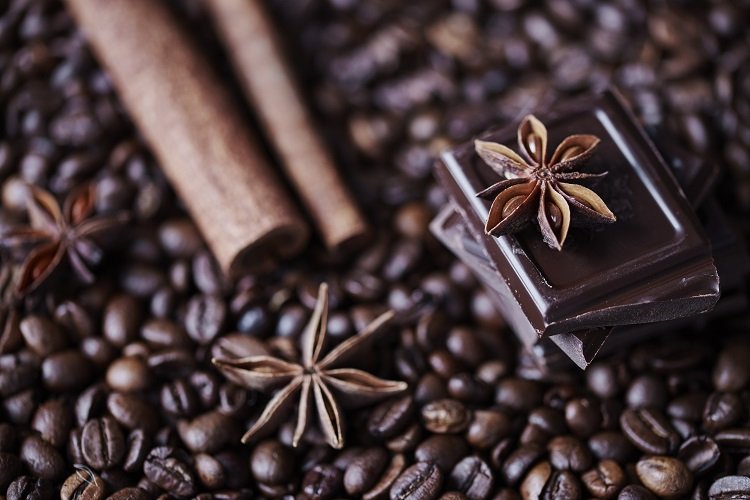
The jury is in any case out on whether or no longer caffeine prompts diabetic issues. In spite of the fact that scientists in Japan are stating the individuals who drink espresso or green tea can diminish their opportunity of diabetes, caffeine remains a circumstance as a more noteworthy danger to diabetes. The Japanese get some answers concerning focused on individuals who drink dark, green, or oolong tea and who has been between the long time of forty and 65 The specialists are guaranteed that these who drink at any rate at least three cups of caffeine consistently are fit to constrain their danger of diabetes by utilizing 33 percent. Be that as it may, it must be comprehended that different supplies in espresso affect digestion, and can intention diverse wellness issues. Caffeine is a diuretic, which implies that it makes the body drop water, causing a lack of hydration. A blend of a vigorously energized drink and tiresome exercise could be not kidding to your heart. The top measure of sugar in caffeinated beverages can likewise ease back your body’s capacity to retain water, rising your odds of lack of hydration. The best-caffeinated drink like Liquid Help has zero sugar and won’t cause those expanded reactions that sweet beverages do. People or workers for that matter need the best energy drink to keep you awake type of mindset when shopping for a caffeinated beverage.
The noteworthy greater part of research shows that warding off caffeine is the response to diminishing the dangers of diabetes. Analysts from an ordinary college clinical center found a powerful tie between caffeine utilization and improved phases of glucose and insulin among people who have Type 2 diabetes.
This is because of the reality insulin is needed through the cells to change over glucose into vitality. Having caffeine with a dinner obstructs the body’s ability to utilize the fixings that are eaten, and thusly should be maintained a strategic distance from. Fasting points who took a stage in this examination saw no enormous exchange in glucose or insulin levels, which means there seems, by all accounts, to be a relationship among’s food and caffeine.
The diabetic expectation is to protect the blood glucose stage down. Notwithstanding ingesting a healthy get-healthy plan and getting loads of activities, diabetics need to likewise consider taking off caffeine.
How does caffeine affect our bodies? Diabetes is the powerlessness to control sugar runs in the blood. This can be because of both the body now not creating sufficient insulin, or having a hormone that opposes insulin. Research facility mice are regularly taken care of a synthetic called alloxan. Alloxan is utilized in the mice to harm the cells that produce insulin and making the essentials for diabetes. Research writing gives us that alloxan is created in our body from caffeine. Speculations suggest that caffeine delivers this harmful substance in our bodies and either reason diabetes, or makes present diabetes increasingly hard to control.
Americans love caffeine and are eating fluids with caffeine at a recorded high. Along these lines, we can likewise be getting enormous dosages of alloxan through the beverages we devour.
For what reason does alloxan harm our body? A free extreme generator harms our pancreas and can final product in pancreatic disease. A free extreme will cause maturing, infections, and especially disease.
Caffeine is well known in light of the fact that it gives us a little more noteworthy explosion of vitality we guess we have to get through the morning or the day. A few people drink gigantic measures of caffeine during the day. The delicate beverage endeavor energizes eating caffeine and some are focused on the more youthful market so as to improve benefits. The 15-21 a year authentic age bunch is helping the high caffeine levels by utilizing looking for a stock that has unusually over the top scopes of caffeine. Indeed, even a general tea partnership is advancing a powerful tea with over the top amounts of caffeine in it. Indeed, even some organic product squeezes and packaged waters presently fuse caffeine.
By and large, Liquid Help caffeinated drink adds to numerous diseases along with discouragement, pancreatic malignant growth, and diabetes. It is sheltered to state, that the individuals who are at an over the top danger for creating diabetes need to avoid caffeine. Caffeine is presently not just found in espresso, tea, and soft drinks, anyway likewise in chocolate. You should likewise perceive that even decaffeinated stock has a state of caffeine that delivers the fatal alloxan.
Sugar utilization can be terrible for you. Clinical Doctors inform for guys’ utilization concerning under 32.5 grams of sugar every day and for ladies under 25 grams of sugar for each day. For most grown-ups, utilization of up to 400 mg of caffeine daily has all the earmarks of being protected. In kids and young people, utilization of under 2.5 mg/kg every day gives off an impression of being sheltered. Pediatrician associates of the proprietor of Help caffeinated drink, state for young people, the worry is about reliance. Read a more thorough discussion on this topic made by the owner of Help energy who is a medical doctor graduate. Click here to see more – are energy drinks bad for you
Information on the impacts of caffeine in people is to a great extent acquired through epidemiological investigations. The greater part of the accessible proof is low quality and proposes that gentle to direct caffeine admission isn’t related to any unfavorable regenerative result. A methodical survey of 431 investigations distributed from 2001 to June 2019 presumed that, for solid pregnant ladies, utilization of up to 300 mg caffeine for each day was commonly not related to unfavorable conceptive or formative impacts. To see more of a medical fact discussion, of how much caffeine is safe during pregnancy – click here.
People Also Asked about Parkinson Disease and Caffeine
- Dopamine neuron degeneration in substantia nigra
- Acetylcholine surplus in the nucleus basalis of Meynert
- The relationship between coffee or tea and the risk of Parkinson’s disease has been described in several studies in hospital settings under the peer review of Medical Doctors. Under normal conditions, dopamine and acetylcholine are in electrochemical balance in the basal ganglia. A meta-analysis found evidence of a dose-response relationship between coffee or tea intake and decreased risk for Parkinson’s disease.
- Caffeine enhances dopamine signaling in the brain, as well as dopamine neuronal loss. The re-uptake in the pre-synaptic neurons is more effective with caffeine usage.
- This apparent protective effect is not observed in women taking postmenopausal hormone therapy, in whom caffeine seems to increase the risk for Parkinson’s disease, suggesting interactions between coffee and hormone use.
Caffeine intake results in improved alertness, mental energy, and the potential to concentrate, especially when people are fatigued or running at night. The lethargy is probably the essential reason why so many humans regularly devour caffeine. Caffeine mitigates the unfavorable results of sleep deprivation on a full style of cognitive functions. A systematic evaluation of thirteen randomized trials of persons with jet lag or shift paintings sickness determined that caffeine substantially improved idea formation, reasoning, reminiscence, orientation, interest, and perception compared with placebo. Caffeine is higher than a placebo in stopping errors and changed into also powerful as compared to different active interventions such as the use of modafinil (that is a Central Nervous System Stimulant medicinal drug) or brilliant light.
Sean Kaptaine owner of Liquid Help and Medical school graduate, investigated the question in a hospital setting under other medical students and medical residents, with attending present and found. Caffeine has proven to impact cognizance and temperament, both intensely and incessantly. Its belongings, nonetheless, shift contingent upon the investigation populace and the sum and span of caffeine devoured. In rested people, caffeine in low and moderate dosages, roughly 30 to 300 mg, improves cautiousness and response time. In restless people, caffeine’s constructive outcomes sum up to a wide assortment of capacities, including learning and dynamic and authentic exercises, such as car and airplane activity. People who are ongoing buyers of espresso and tea perform better on the different trials of psychological execution, such as response time and visuospatial thinking.
Medical Board-Certified Studies, from the owner of Help energy drink
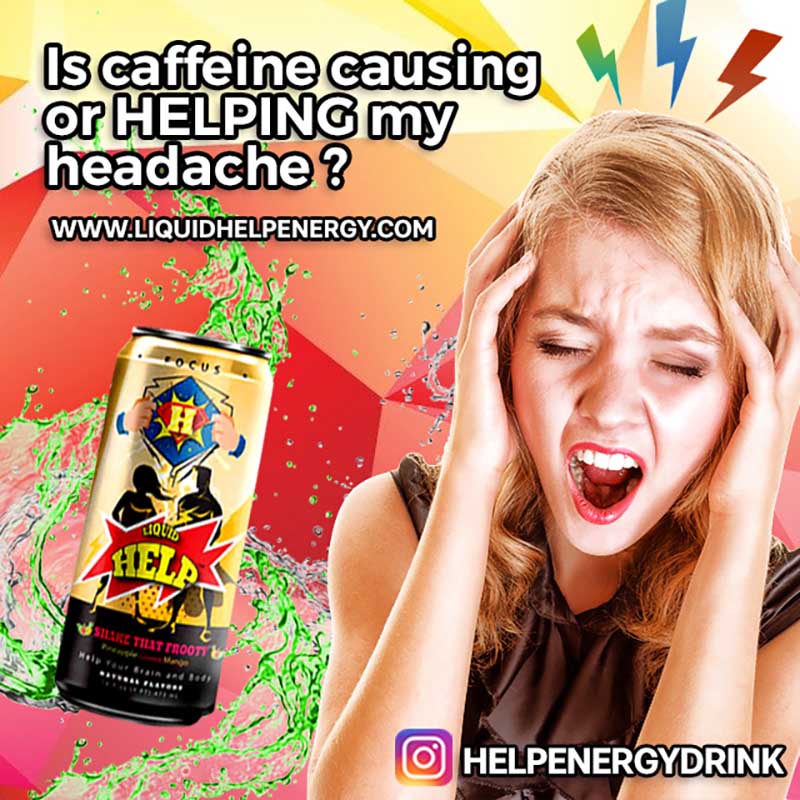
Help Headache Caffeine
-
- Routine caffeine utilization is related to constant headache and pain-relieving bounce back cerebral pain. For a situation control study, patients with everyday caffeine utilization were bound to have interminable headaches and pain-relieving bounce back migraines than patients who did not consistently expend caffeine. It is important to hydrate while consuming caffeine. A dehydrated person, on average, can only absorb 10 ounces of water every 20 minutes. Overconsuming water can lead to water intoxication, which dilutes one’s plasma in one’s blood, leading to various issues.
People Asked About Migraine Headaches and Caffeine
-
- Migraines are most commonly present with a unilateral headache—4-72 hours of pulsating pain. Sometimes nausea, photophobia, or phonophobia can occur. A +/- aura of neurological symptoms before the headache, including visual, sensory, speech disturbances, can occur. Migraines happen due to irritation of cranial nerve five and release of substance P, CGRP, vasoactive peptides.
- Other common triggers of migraines are drinking wine and other food sensitivities, oral contraceptives, fasting diet, stress, menses, and bright light. Contraindication in treated migraine patients is oral contraceptives.
- Non-Pharmacological prophylaxis treatment is sleeping, darkroom, an ice pack on the head, decrease caffeine consumption per day, hydrate more, exercise, sweat to release more caffeine molecules.
People Asked About How Long Does Caffeine Last
-
- Caffeine half-life is about five hours plus or minus depending on the liver’s metabolism of the individual. It takes four half-lives to get out of one’s system. So, four half-lives would be twenty hours. However, the amount of caffeine in one’s system at two half-lives is usually a negligible amount to cause insomnia.
People Asked About Tension Headaches and Caffeine
-
- Tension headaches are the number one cause of headaches for adults. Tension headaches present with bilateral head pain, like a band squeezing the head. This headache typically lasts greater than thirty minutes with steady pain. Think of a thirty-year-old female who had a headache at the end of the day that worsens with stress and improves with relaxation and massage.
- Tension headache first line in treatment is Excedrin, which is an NSAID made with caffeine.
People Asked About Caffeine Withdrwawl
- Caffeine can cause direct vasoconstriction of blood vessels in the brain. However, one can get rebound vasodilation producing a rebound headache upon acute withdrawal of caffeine.
This message is from the owner of Help energy drink, educated in medicine. This information is not mainstream media like CNN, FOX, or some blog. However, many other associations can contribute to headaches, but we would be here for years discussing the possibilities. Stay updated on more medicine on Help Energy Drink’s youtube channel or Instagram.
Caffeine utilization is related to a diminished hazard for cirrhosis. In a meta-investigation including 16 observational examinations in the hospital, contrasted and nondrinkers, espresso consumers were more averse to create cirrhosis. Upon clinical research, ordinary caffeine utilization was connected with a lower pace of illness movement in patients with chronic hepatitis C.
Frequently Asked Questions
(All information is from Medical Drs in hospital settings used by medical students & residents)

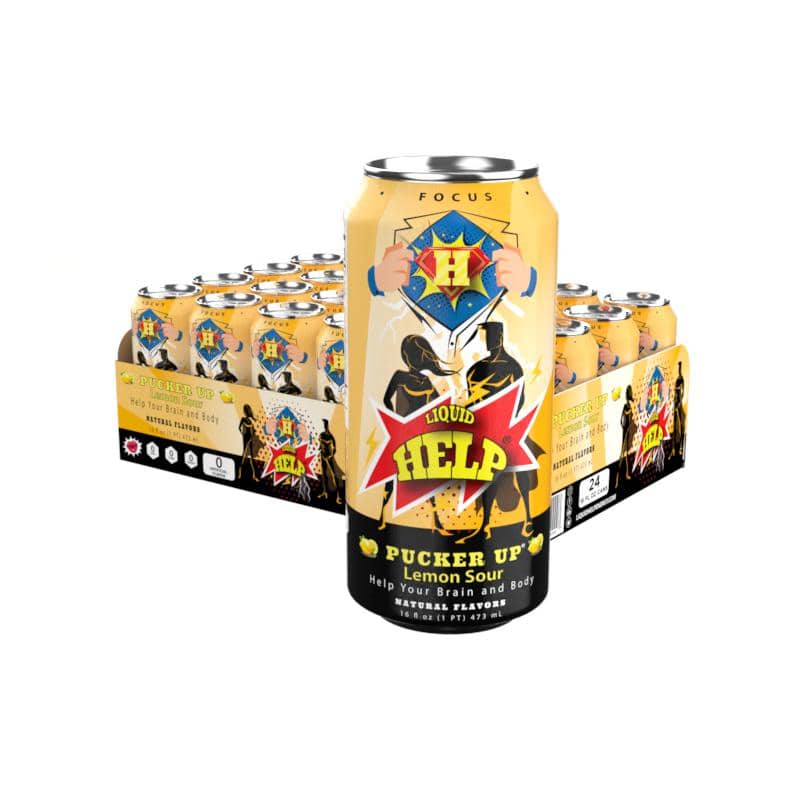
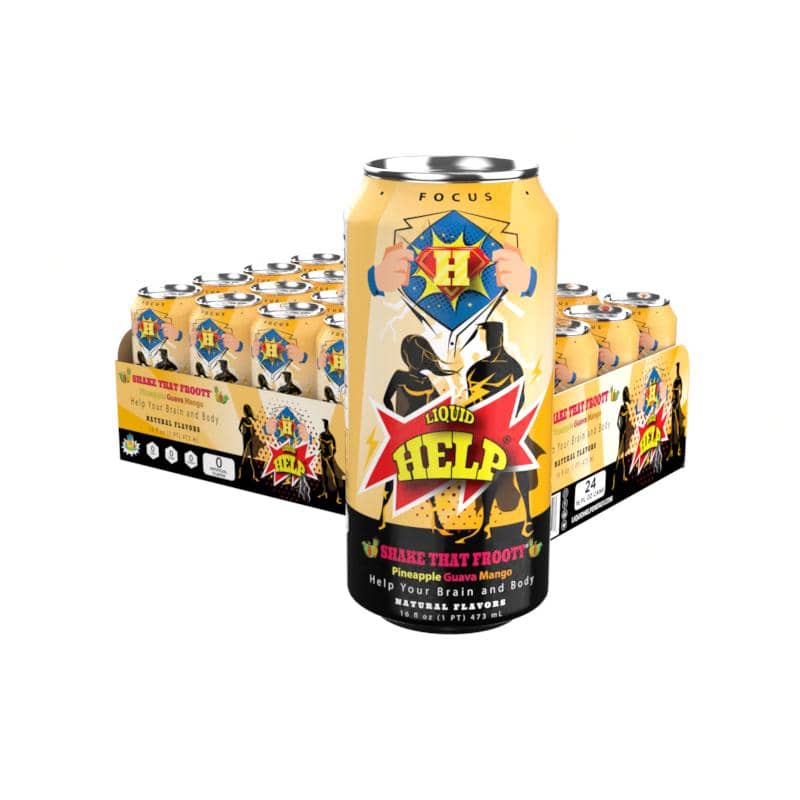
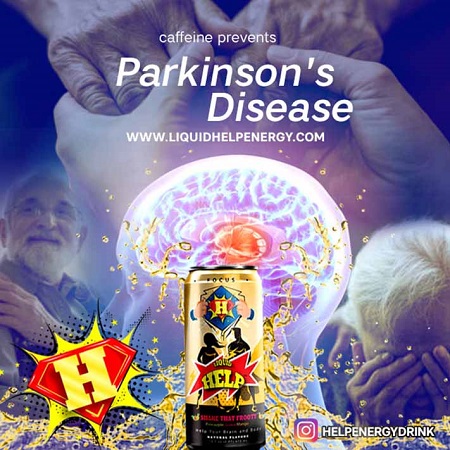
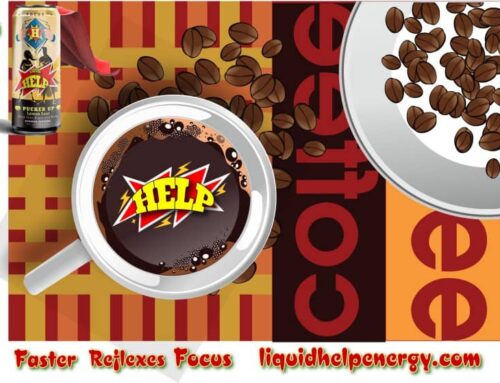

Thanks for sharing. I read many of your blog posts, cool, your blog is very good.
Your point of view caught my eye and was very interesting. Thanks. I have a question for you.
I don’t think the title of your article matches the content lol. Just kidding, mainly because I had some doubts after reading the article.